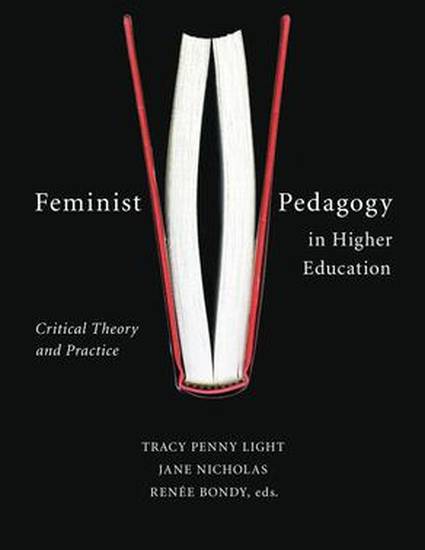
- Feminist Pedagogy,
- Restorative Approaches to Learning,
- University Education,
- Relational Theory
This essay examines the need for feminist pedagogy in universities that is based on a restorative approach to learning. A restorative approach to learning is often associated with restorative justice, or the redress of negative behaviours, in elementary and secondary schools. But disciplinary issues are not the core of this approach. A restorative approach is attentive to the promotion and protection of positive relationships within a learning community. The core of this approach is relationality. Relational theory holds that as human beings we live in and are constituted by relationships (Nedelsky 1989; see also Whitbeck, 68). Relational theory challenges the inadequacies of liberal and neoliberal social theory, which characterizes the self as individualistic (Downie and Llewellyn). A restorative approach seeks to protect the relationships that allow communities and individuals within them to flourish (Llewellyn). It is antithetical to the market-driven objectives and standardized accountability measures that are increasingly defining the university classroom, including conceptions of effective teaching. Instead, a restorative approach makes interconnectivity key to engaged teaching and learning (e.g., Boler).
